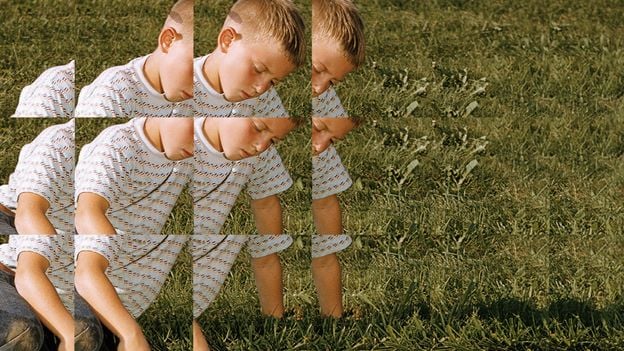Children’s perception of time is relatively understudied. Learning to see time through their eyes may be fundamental to a happier human experience.
My household is absorbed in debate over when time goes the fastest or slowest.
“Slowest in the car!” yells my son.
“Never!” replies my daughter. “I’m too busy for time to go slow, but maybe on weekends when we are on the sofa watching movies.”
There’s some consensus too; they both agree that the days after Christmas and their birthdays dawdle by gloomily as it dawns on them they have to wait another 365 days to celebrate once more. Years seem to drag on endlessly at their age.



I think it’s a scale issue. If you look at an analog clock and a small child, one second and the child are not that different in size. But an adult is much larger than the entire clock. Therefore, a year, that also is much larger than the clock, is out of scope for the small child, whereas a grow person can barely even see a second because they’re so small and you also usually get impaired vision with age.
This answer has big Ken M energy.
I’m enjoying it.
It just makes sense, it’s why whales and trains appear to move so slowly their large size, poor vision, and inability to build machines means they never see a second hand tick